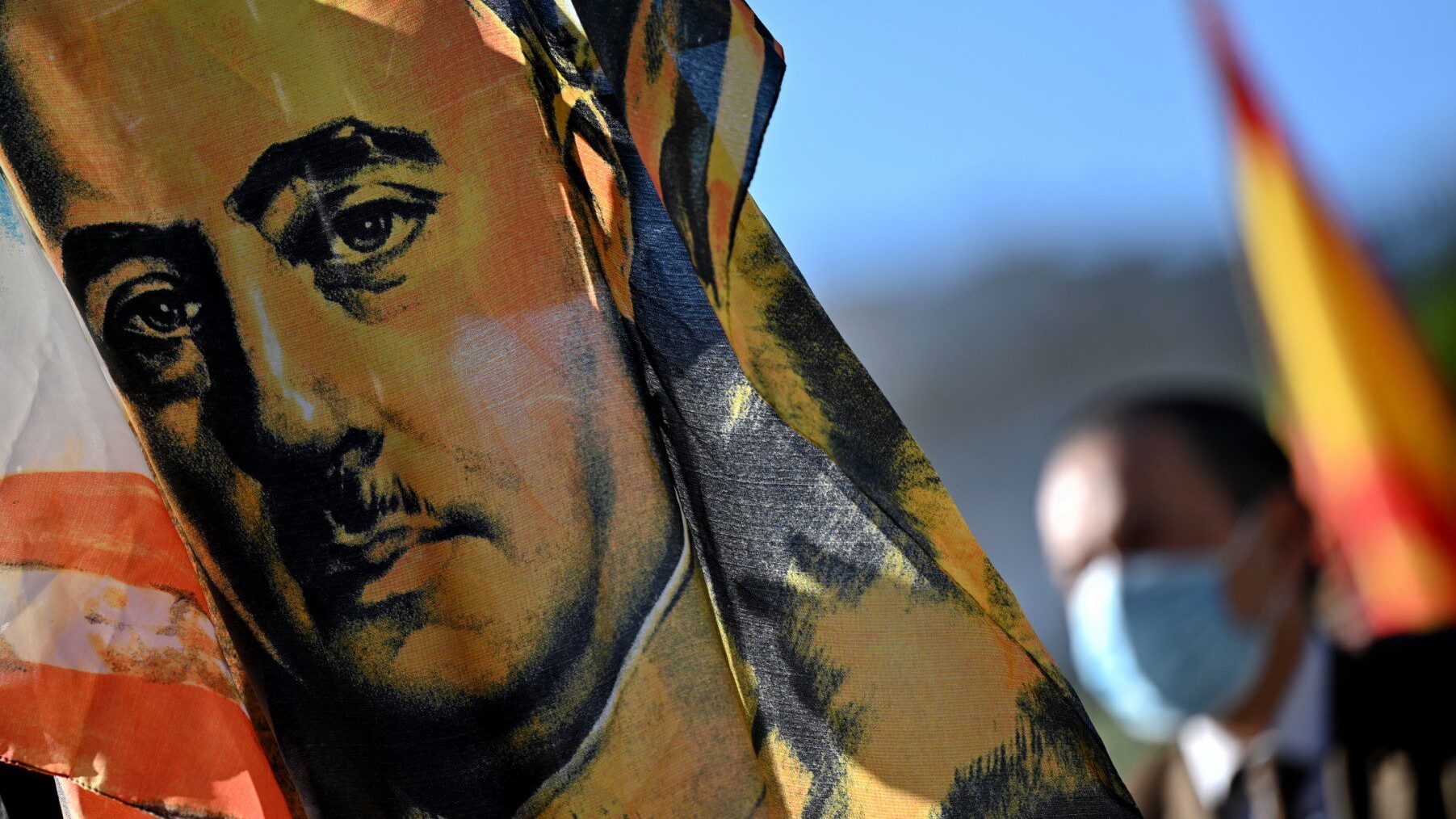
Former Spanish Justice Minister Dolores Delgado has been appointed as the prosecutor for the Human Rights and Democratic Memory chamber by the Spanish Council of Ministers, which will see Delgado prosecute those in violation of Spain’s controversial Law of Democratic Memory.
The appointment comes despite large opposition from legal professionals who claimed that Delgado was not suited for the role due to her romantic relationship with former judge Baltasar Garzón, described in a report from the newspaper El Mundo as a “promoter” of the Democratic Memory law.
Two legal associations, the Association of Prosecutors (AF) and the Professional and Independent Association of Prosecutors (APIF) both slammed the appointment of Delgado, stating her appointment was a conflict of interest, as many of the cases referred to her will likely be from associations, such as the Baltasar Garzón International Foundation (FIGBAR), which is headed by her partner.
Both associations have three months to mount a legal appeal against the appointment of Delgado and are reportedly considering legal action, according to the broadcaster 20Minutos.
Baltasar Garzón is well-known in Spain for wanting to prosecute alleged crimes committed during the reign of former dictator Francisco Franco, launching an inquiry in 2008 into claims that as many as 100,000 people had disappeared, and ordering the exhumation of mass graves.
However, pressure led to Garzón withdrawing his inquiry, and a civil servants union later claimed he was guilty of overreach concerning an official amnesty regarding the Franco-era. The incident led to him being called before the Spanish Supreme Court.
The Law of Democratic Memory, under which Ms. Delgado will prosecute Spaniards, is also predominantly directed toward the Francoist era, while largely ignoring the atrocities committed in the 1930s by leftists and communists, such as the mass murder of thousands of priests, monks, and seminarians along with hundreds of nuns and around 4,000 laymen accused of hiding clergy members.
The Democratic Memory Law, which was only passed last year, also calls into question all of the Franco-era and extends the previous 2007 “Historical Memory” law to 1983, calling into question the legitimacy of the Spanish monarchy itself as Franco had chosen now-former Spanish King Juan Carlos to succeed him in 1969 and restore the Bourbon monarchy.
Along with viewing the Franco-era as illegitimate, the Democratic Memory law also imposes hefty penalties for those who praise the Franco regime and its actions during or after the Spanish Civil War of 1936-1939 with penalties of up to €100,000, confiscation of goods, and closure of up to two years for any entities found guilty of violating the law.
In recent years, the Spanish government, currently consisting of the left-wing Social Democratic Workers Party (PSOE) and the even further Left group Podemos, has dismantled various aspects of Franco-era Spain, including exhuming the body of General Franco in 2019 from the mausoleum at the Valley of the Fallen, a large structure near Madrid built to honour those who fought in the Civil War.
Franco’s body was later moved to a private family crypt near the Spanish capital despite objections from his family, who lost a legal challenge to the move.
Spanish leftist Prime Minister Pedro Sánchez commented on the exhumation of Franco saying,
A public tribute to a dictator was more than an anachronism. It was an affront to our democracy. Ending it was an obligation for the generations that did not grow up with the trauma of the civil war and dictatorship.
Earlier this year, the leftist government exhumed another major Civil War figure from the Valley of the Fallen, with Falange founder Jose Antonio Primo de Rivera’s body moved to a city cemetery in Madrid in April.
Primo de Rivera founded the fascist Falange party in 1933 but was executed by the Republican government just three years later in November 1936 after his party had been outlawed in March of that year.
